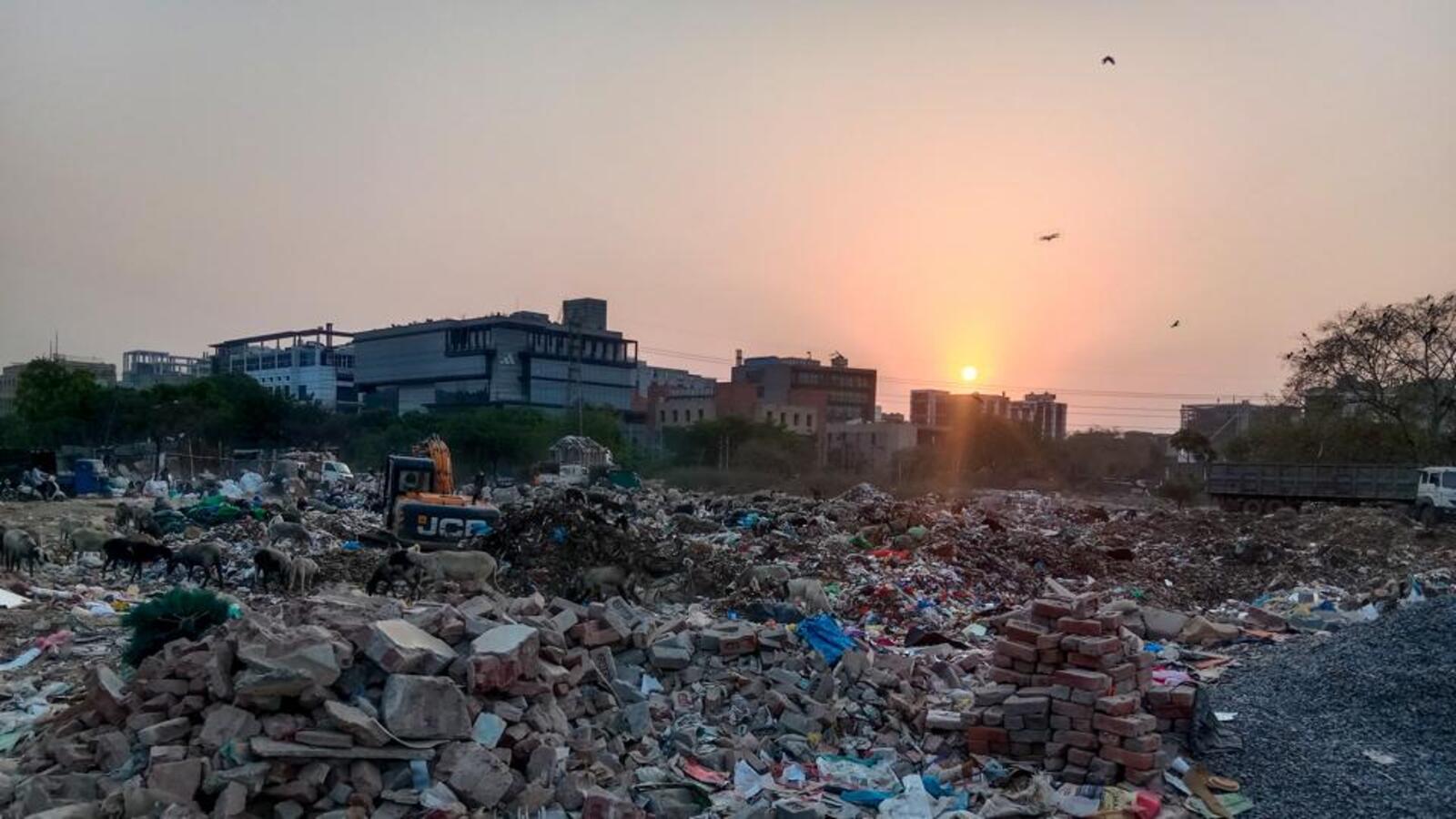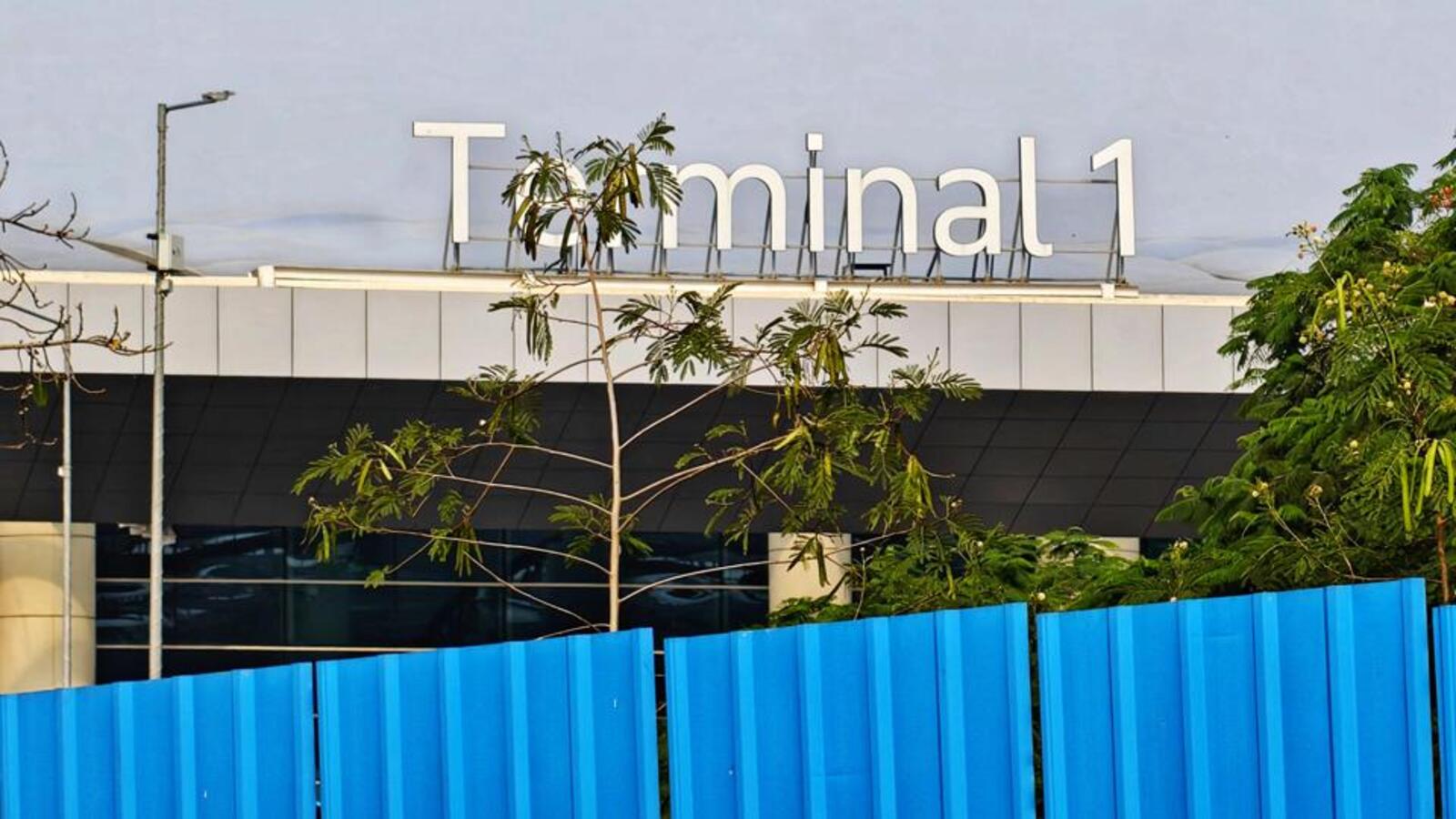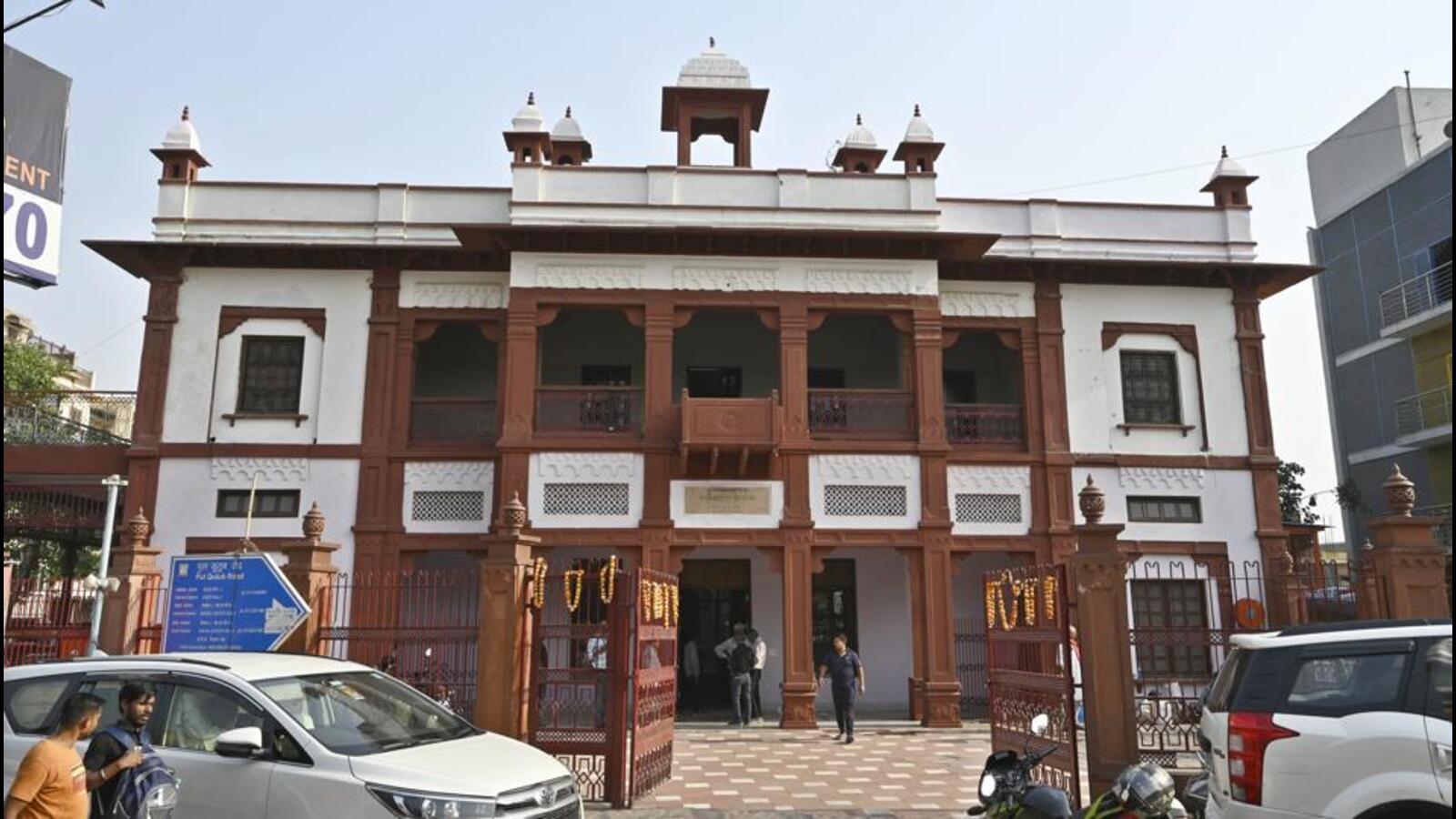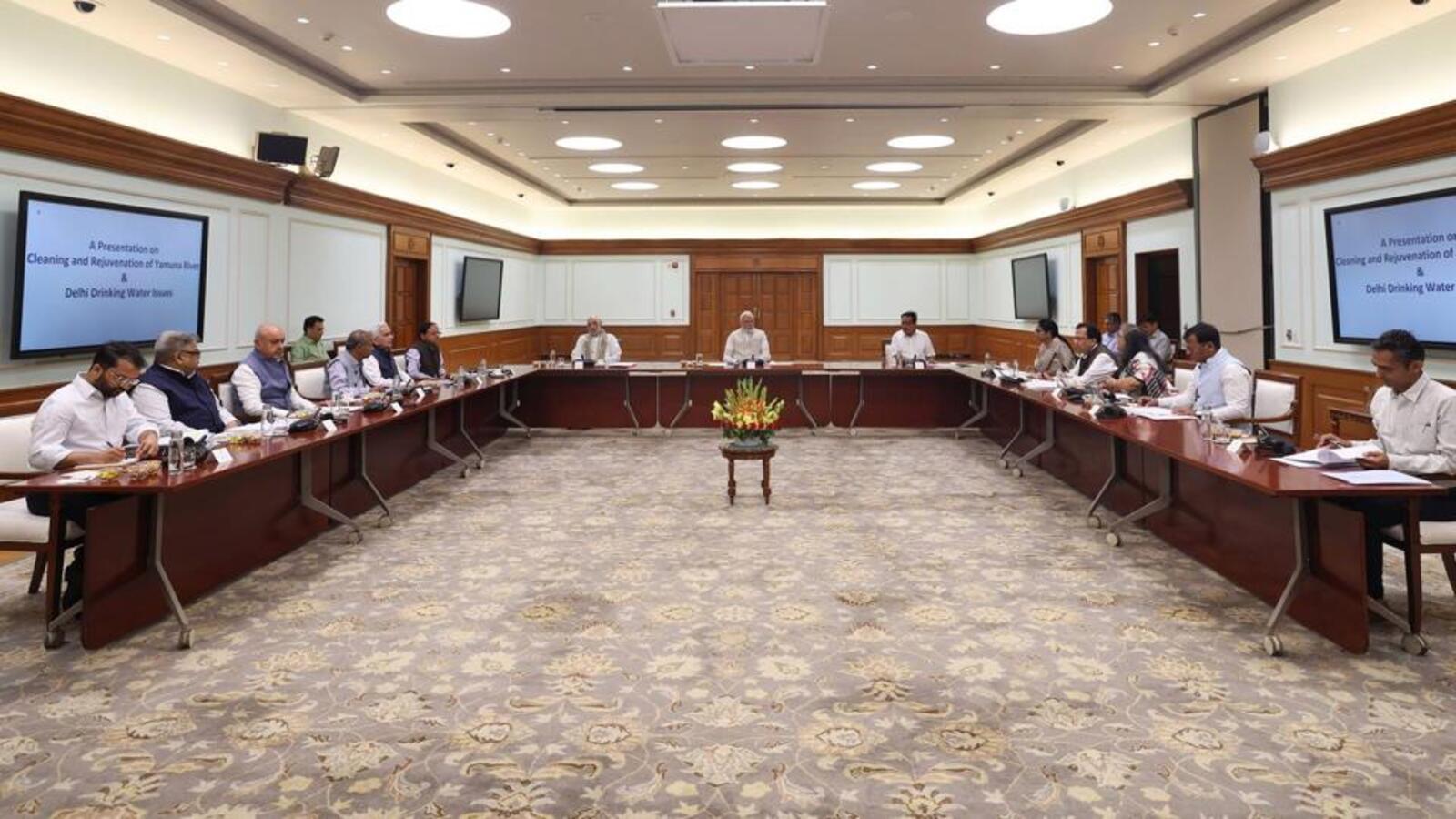A massive garbage dumping site along the Prem Puri–Jharsa main road has become a severe health hazard for around 500 families, including residents of 472 flats in the Housing Board Colony, Sector 31, who say they have been living in filthy and unsafe conditions for over three years without any effective response from the authorities.

Spread over 20,000 to 25,000 square feet, the dumping ground contains wet household waste, construction debris, and carcasses of stray animals, locals allege. During the monsoon, rain and wind exacerbate the situation by spreading the stench across the area, residents said, warning of a spike in mosquito-borne diseases such as dengue, malaria, and viral infections—particularly affecting children, they added.
“Our children cannot even go outside to play. The area is becoming completely unfit for living,” said Jitendra Jaggi, general secretary of the Resident Welfare Association (RWA), Housing Board Colony, Sector 31. “Once the rains arrive, the smell turns rotten and spreads quickly,” he added.
Meanwhile, Anshu Jaggi, a resident of Sector 31, said, “Even going to nearby places like the Krishna Mandir has become unpleasant due to the unbearable foul smell.” She added that while the problem has existed for over five years, the condition is now at its worst.
Despite repeatedly raising complaints with the Municipal Corporation of Gurugram (MCG), residents allege that no action has been taken. In response, Harsh Chawla, senior sanitary inspector at the MCG, said, “We have not received any formal complaints about the matter as of now. However, we will be sending a team of sanitary inspectors and workers to the area to address the issue at the earliest.”
According to residents, in addition to the dumping issue, the colony suffers from outdated sewage infrastructure. The current 6-inch sewer line, laid around the mid-1990s, overflows every 10 to 15 days, flooding streets with dirty water due to the system’s inability to handle present-day waste volumes, they claimed.
Neeru Sharma, another resident, said, “During heavy rains, water enters homes. The level of roads has risen due to repeated construction, while houses remain at the same level. This has been happening every monsoon.”
Residents also flagged encroachment by local vendors, which has narrowed space on main roads and service lanes, creating traffic bottlenecks and inconvenience. Broken roads near traffic lights and blocked service lanes are compounding pedestrian and commuter safety concerns.
Frustrated by years of inaction, members of the Housing Board Colony plan to submit their grievances to the National Green Tribunal (NGT) on Thursday.












Leave a Reply